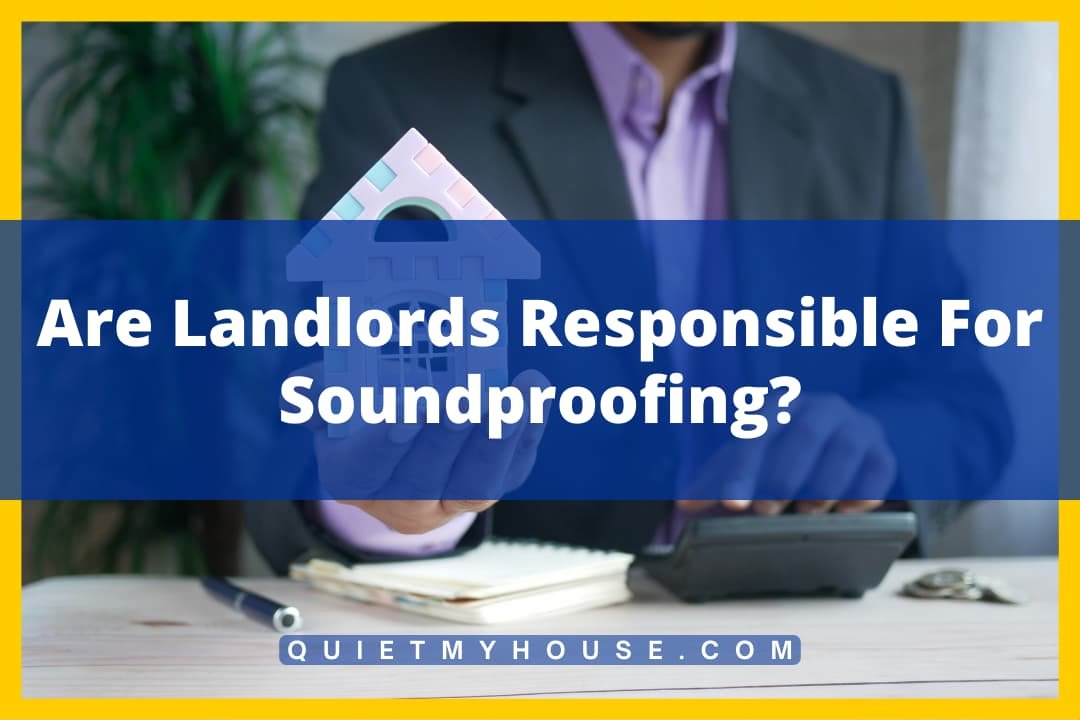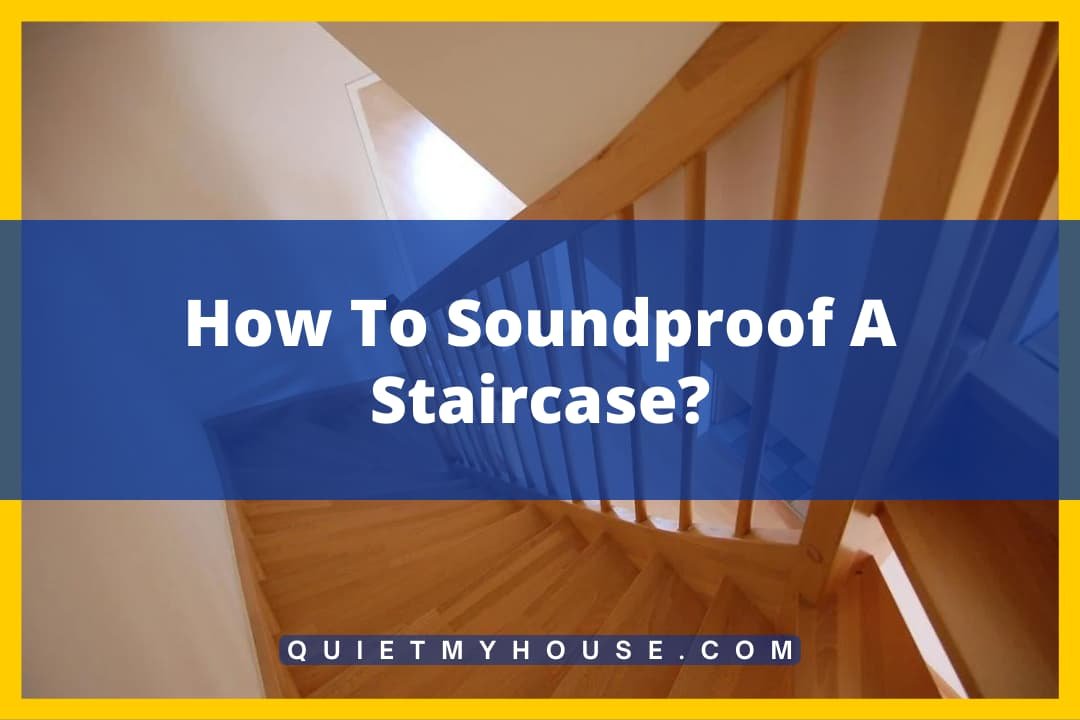Apartment living is an adventure, especially when deciding where to live! Often, touring a new apartment doesn’t help a consumer know whether or not an apartment has certain qualities, such as being soundproof.
So, we have collected seven different ways a person can tell if their apartment is soundproof before, during, and after lease signing.
1. Ask the Manager/Land Lord
The first place to start is to ask the person who owns the property about the property. As the owner, they are the ones who have the most long-term experience with the property and know its strengths and weaknesses.
Often, during a tour, they will simply highlight the good aspects of the apartment. If they mention soundproofing, then a person can feel confident that the apartment is soundproof.
More often than not, they will not mention sound in a tour because it is a common weakness in apartment living. This means an individual must be willing to ask and potentially push to know about the whole story around how soundproof the apartment actually is.
They will have access to the blueprint and know the logistics of how an apartment is built in accordance to soundproofing. They will also have inside knowledge of how the previous renters experience was with living there. As a potential renter, it is something worth talking about before a person signs.
2. Ask Your Neighbors
Another important source to utilize when looking into whether an apartment is soundproofed or not is to ask the neighbors.
If a person is already living there, they should be able to go to the people nearby and ask them about soundproofing. The neighbors would be the best judges of whether an apartment is soundproof or not.
Before signing a lease and living in an apartment, it is still possible to talk to others who have lived in the apartment prior. There are several websites that are built for renters to share their experiences in apartment complexes.
These reviews can be incredibly helpful for so many different aspects of apartment living! This includes sharing whether or not they had a problem with sound leaking into or out of the apartment.
3. Check the Federal/State Requirements
It may be hard to believe, but there are laws about the amount of soundproofing there should be in an apartment. The IBC, International Building Code, has set a standard that all apartments need to be built with 50 STC (standard transmission class) and 50 IIC (Impact Insulation Class). (Source)
STC is a measurement of how normal sounds are blocked by partitions such as walls, windows, and doors. A 50 STC means that the walls should be built to silence anything but loud sounds. Even then, loud sounds should be faint.
This is a wonderful consolation that most apartments should be able to handle the basics. However, this sound classification does not cover sounds such as machinery or music as they are at a different frequency typically. (Source)
IIC or Impact Insulation Class is a measurement of how sound travels by impact. This mostly measures how footsteps and other sounds travel through the floor.
It is good to know that apartments are also expected to have less sound travel through the floor, through thudding, and through footsteps. (Source)
The main reason why this may not be the case is that the apartment was built before 2018 when the code was established. If the apartment was built after 2018, the reason it might not be as soundproof is that the building was not tested for it after it was built.
Often, architects design apartments to follow the legal standard set, but the builder and application of the design may not match. This inconsistency leads to apartments that do not follow the code.
It would be important to know and let the managers know that the apartment has issues, as it could lead to legal problems on their part. (Source)

4. Knock on the Walls
Although it may seem that knocking on the walls is an ineffective way to tell whether an apartment is soundproof, there is merit behind knocking. The main thing that keeps sound from traveling into or out of an apartment is the mass of the wall.
The mass of the wall is highly impacted by the material it is made out of. By knocking, a person can more easily tell how thick the wall is, what material the wall is made out of, and see if the soundproofing is consistent around the apartment.
The best materials for soundproofing are concrete and plaster walls. Another easy tip is to look at the vibrations of the wall.
If a person hits the wall with the palm of their hand and sees a lot of vibration, that is a clear sign that there will be more sound leaking through the wall. The less vibration a person sees after hitting the wall, the less sound will travel in and out. (Source)
5. Check for Creaky Spots on the Floor
This is a simple trick I have learned from living in a variety of places. When I would spend time with my grandma in her older home, there were certain parts of the floor that would creak on the upper level.
We wouldn’t think too much of it until we went downstairs and could hear every single step someone took upstairs. The noises would be especially loud and bothersome around the creaky areas we had noticed prior.
The same is often true for apartments. If there is a soft spot on the floor that creaks, it is likely anyone underneath can hear you clearly. If there are not any creaky noises, then it isn’t likely to be a problem.
6. Observe the Sounds From Neighbors
On a similar note to listening to the neighbors’ experiences, a person can also find revealing information about noise cancelation by taking note of the noises they can hear from their neighbors.
If a person can hear a chair being moved upstairs or hear the conversations of the neighbors next door, it would be safe to assume the lack of soundproofing is consistent complex-wide.
It is important to try and take this information for educational purposes and not vengeful purposes. Few like to be told they are being loud and obnoxious. If the noise is incessant, then it would be smart to bring it up to management.

7. Observe Different Features in the Apartment
The last thing to look into when trying to assess soundproofing in a living space is to look at the features of the apartment. There are several things that might be considered decorative that actually are put in as additional soundproofing measures.
Some of these items include a fully sealed door jamb, the presence of thick carpet, and the presence of drywall on the walls or ceiling. All of these features work to minimize sound because they make it harder for sound waves to travel through them. (Source)
Overall, if a person is wanting a soundproof apartment, these seven steps should enable someone to find a place they are confident will be able to handle the sounds inside and outside of the apartment.




